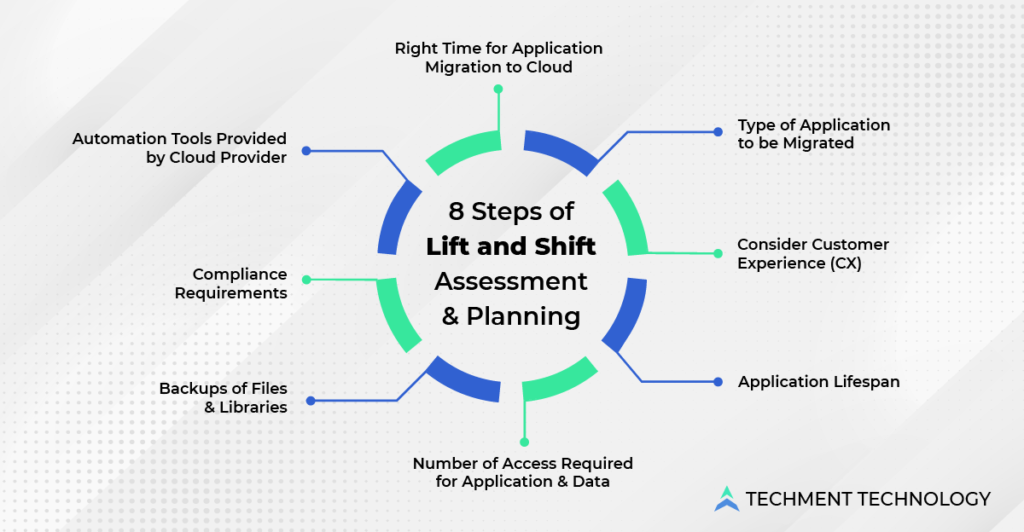Labour's Shift On Migration: Starmer's Strategy Against Farage

Table of Contents
From Open Borders to Controlled Immigration: A Shift in Labour's Messaging
Labour's historical position on immigration has been a spectrum. Previously associated with a more open-borders approach, the party has demonstrably shifted under Keir Starmer towards a policy of controlled immigration. This strategic recalibration reflects a pragmatic response to changing public opinion and the rise of anti-immigration sentiment.
-
Brief history: While historically supportive of free movement within the EU, Labour's stance began to evolve post-Brexit, recognizing the need to address public concerns.
-
Shift under Starmer: Under Starmer's leadership, Labour has explicitly moved away from the language of "open borders," emphasizing instead the importance of a managed and controlled immigration system.
-
Policy changes: This shift is reflected in policy proposals that include:
- A points-based system prioritizing skilled workers and those who meet specific economic needs.
- Increased focus on tackling illegal immigration and strengthening border controls.
- A more robust approach to integration programs for new arrivals.
-
Specific statements: Keir Starmer has repeatedly stated his commitment to a fair but controlled immigration system, emphasizing the need to balance the benefits of migration with the concerns of communities. His speeches often highlight the importance of skills-based immigration and the contribution immigrants make to the UK economy.
Tackling the Far-Right Narrative: Countering Farage's Rhetoric
Nigel Farage and the far-right have consistently employed inflammatory rhetoric surrounding immigration, exploiting anxieties and fears to gain political traction. Their arguments often focus on the supposed negative impacts of immigration on jobs, public services, and national identity.
-
Farage's arguments: Farage frequently utilizes divisive language, linking immigration to crime and social strain, often presenting a distorted and inaccurate picture.
-
Starmer's contrast: Starmer's approach directly counters this narrative. He acknowledges legitimate concerns about immigration but refutes the far-right's scaremongering and misinformation.
-
Direct refutations: Starmer has repeatedly challenged Farage's claims, providing evidence-based rebuttals and emphasizing the positive contributions of immigrants to British society.
-
Effectiveness: The effectiveness of Labour's counter-narrative is still being assessed. While Labour aims to appeal to moderate voters, the challenge lies in effectively countering the deeply entrenched views of some segments of the population.
-
Challenging misinformation:
- Labour has actively debunked false claims about immigration's impact on wages and employment.
- They have highlighted the contributions of immigrants to the NHS and other essential services.
- They have promoted integration programs aimed at fostering community cohesion.
Appealing to a Wider Electorate: Balancing Principles and Pragmatism
Labour faces a significant challenge in appealing to both its traditional supporters and swing voters on the issue of migration. While maintaining its commitment to social justice and welcoming immigrants, Labour needs to address concerns about the potential economic and social impacts of immigration.
-
Challenges: The party needs to demonstrate that controlled immigration can benefit everyone, not just specific groups.
-
Addressing concerns: This involves focusing on the economic contributions of immigrants, emphasizing skills-based migration, and addressing concerns about pressure on public services through targeted investment.
-
Community engagement: Labour’s engagement with communities impacted by migration is crucial. This involves listening to concerns, addressing anxieties, and demonstrating that immigration can be managed effectively.
-
Risks and rewards: This balancing act carries both risks and rewards. A poorly communicated approach could alienate traditional supporters, while a failure to address public concerns could cost votes.
-
Demographic groups: Labour aims to reach:
- Working-class voters who may feel economically disadvantaged by immigration.
- Swing voters in marginal constituencies who are undecided on the issue.
- Younger, more liberal voters who support a more welcoming approach.
The Economic Argument: Skills Shortages and Economic Contribution
Labour strongly emphasizes the positive economic contributions of immigration to the UK. Addressing skills shortages through targeted immigration policies is a central component of their approach.
-
Economic contribution: Labour highlights the fact that immigrants often fill jobs that native-born workers are unwilling or unable to do, contributing significantly to the economy.
-
Addressing skills shortages: Targeted immigration policies focused on skilled workers can help fill critical gaps in various sectors, boosting productivity and economic growth.
-
Supporting workforce integration: Labour proposes support programs to help immigrants integrate into the workforce quickly and efficiently, maximizing their economic contribution.
-
Economic data: Labour uses economic data and reports from reputable sources to support their arguments, demonstrating the positive economic impact of managed migration.
-
Specific economic benefits:
- Increased tax revenue from employed immigrants.
- Boost to entrepreneurship and innovation.
- Filling critical labor shortages in sectors like healthcare and technology.
Conclusion: Keir Starmer's strategic recalibration of Labour's stance on migration is a significant shift. By adopting a more controlled immigration system and directly confronting Nigel Farage's divisive rhetoric, Labour aims to appeal to a broader electorate while upholding its commitment to social justice. The success of this strategy hinges on its ability to effectively communicate its proposals and allay public concerns. Understanding Labour's evolving position on migration is crucial for anyone following the ongoing debate in British politics. Stay informed about the latest developments in Labour's migration policy and its impact on the UK political landscape.

Featured Posts
-
 Alleged Torture Starvation And Beatings Lead To Stepfathers Murder Charge In 16 Year Olds Death
May 05, 2025
Alleged Torture Starvation And Beatings Lead To Stepfathers Murder Charge In 16 Year Olds Death
May 05, 2025 -
 Georgetown Womans Kentucky Derby Festival Reign Begins
May 05, 2025
Georgetown Womans Kentucky Derby Festival Reign Begins
May 05, 2025 -
 West Bengal Weather Kolkata Braces For Potential Thunderstorms
May 05, 2025
West Bengal Weather Kolkata Braces For Potential Thunderstorms
May 05, 2025 -
 The End Of An Era Tony Todds Potential Final Performance And A 25 Year Mystery
May 05, 2025
The End Of An Era Tony Todds Potential Final Performance And A 25 Year Mystery
May 05, 2025 -
 S Sh A Evropa Strategii Geopoliticheskikh Igrokov
May 05, 2025
S Sh A Evropa Strategii Geopoliticheskikh Igrokov
May 05, 2025
